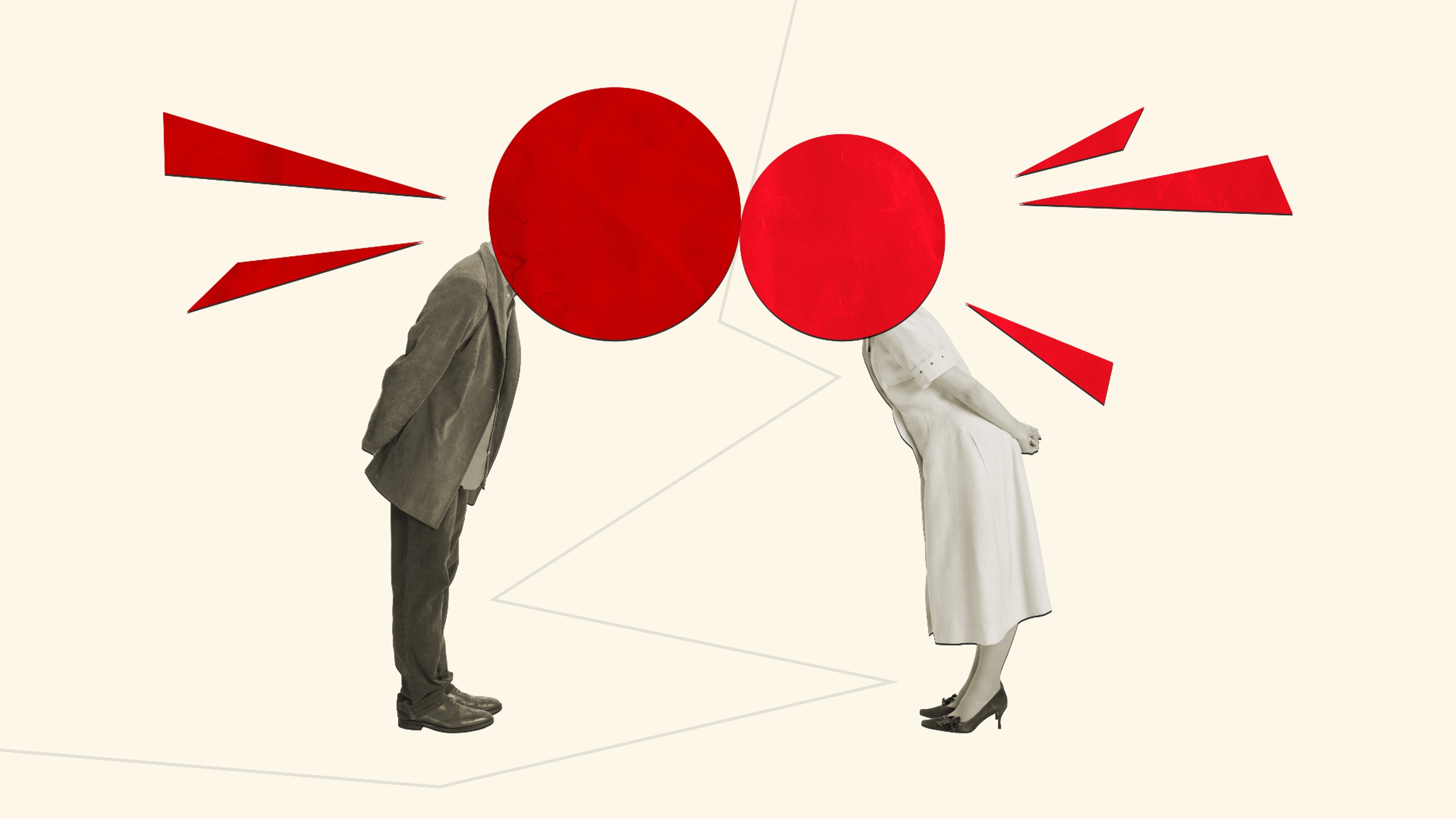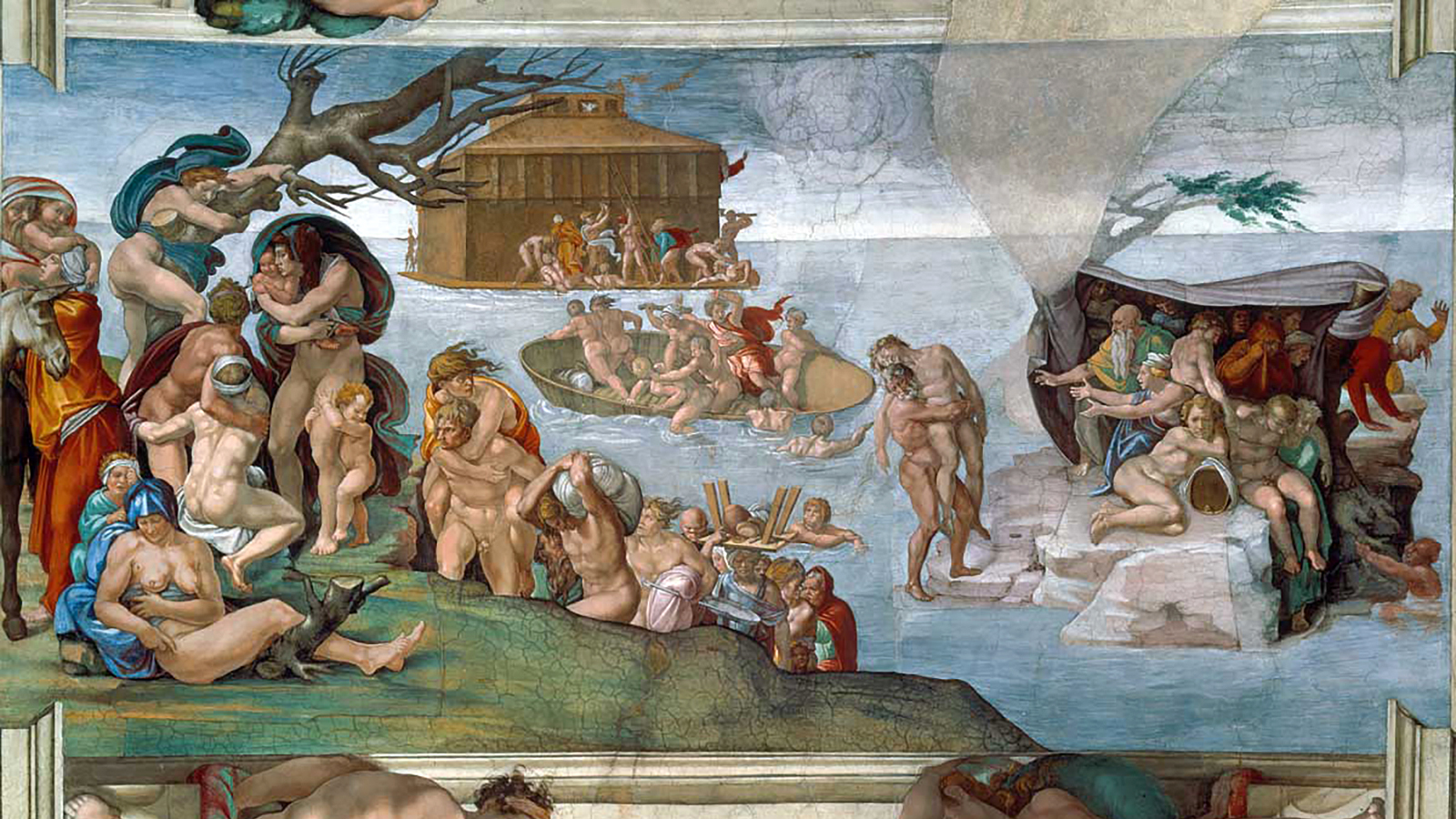Tribe talks about the Rehnquist and Roberts eras as being more hostile.
Question: What explains the change in the Supreme Court today?
Laurence Tribe: It’s a matter of the election returns. I mean when we elect people like George W. Bush who tell us that he wants to put people on the Supreme Court like Anthony Scalia and Clarence Thomas who have their ideology, their view of the law, their view of the appropriate role of the court, we should believe them. We got what we voted for. I suppose in the year 2000 it wasn’t exactly what we voted for, but we came close. And I think that if people want to change the way the Supreme Court interprets the Constitution, the only way to do that is to vote for presidents who will appoint justices who see the Constitution more like the way they do as voters. It’s the only way to do it. The Constitution is not entirely in the hands of the Supreme Court; but the Supreme Court plays quite an influential role obviously in how it’s brought to life or not brought to life. And although there is a lag time between presidents and justices, justices serve on and on, and we may have a sequence of liberal presidents. And yet people like Roberts and Alito who are in their 50s are going to be around for decades. But eventually the Court is not so out of step with where the people are. A lot of the decisions that the Court is now making that distress me are not all that out of step with where the people are. I mean when the Court strikes down the use of race in pupil assignments in Seattle and Louisville, it’s doing something that is obviously disappointing to the local majorities there who thought they were advancing the cause of justice, and decency, and increasing integration. But in terms of the national mood, something like 60 percent of the people say yes when you ask them, “Do you think that race should be completely excluded as a factor from government decision-making?” So the country itself has moved to the right on a number of issues. And I think that there’s no easy fix for that. In the end if one is a democrat with a small “d”, one has to pay a lot of attention to what the people think. I do think if people were better educated, if we took fuller advantage of the Internet and of modern communication possibilities, that the deeper instincts of more people are more progressive than the superficial answers on polls would indicate. But that’s simply an article of faith on my part.





